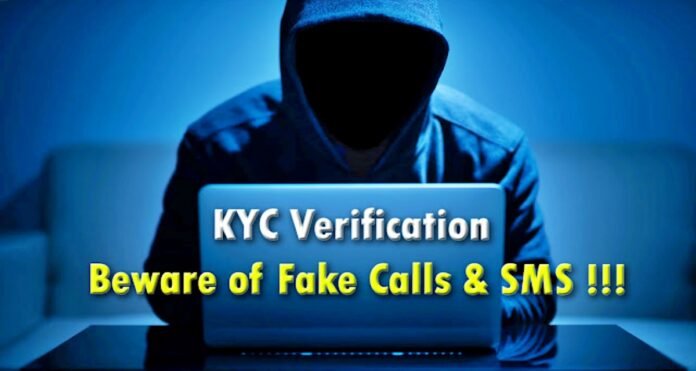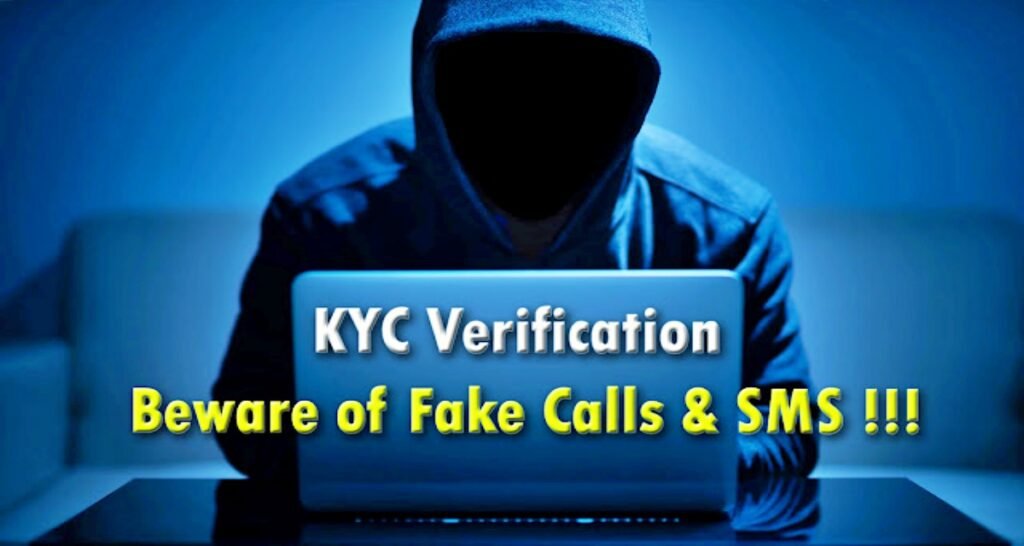
Did you also get a phone message to update eKYC? If any such message or phone comes, then be careful. It is possible that in the process of updating eKYC, your account may get cleared. A new method of fraud has emerged in the market, which is going on under the guise of updating eKYC. In this, important information including Aadhaar, the bank account is being sought in the name of updating eKYC by calling people. The caller identifies himself as a representative of the service provider. Let us know about its method so that you do not become a victim of this fraud.
Recently some people have been made a victim of fraud through WhatsApp messages. In this, the customer is asked to upload the eKYC by sending a WhatsApp message. You are asked to call a number. It is feared that the mobile number will be switched off if the details are not given. When you call on the number, you are asked to download Team Viewer Up. Fraudsters get access to your phone as soon as you download this app.
Tips to avoid fraud
So if someone calls you or sends a WhatsApp message asking you to update your KYC, then be careful. Answer the call only after doing a thorough investigation in this matter. This is the reason why mobile service companies are sending messages to their customers and telling them tips to avoid such frauds.
Reliance Jio has sent an email to its customers. It says, “Your security is of paramount importance to us. Recently some cases of cyber fraud have come to our notice. In such cases, the fraudsters are telling themselves to be representatives of Jio. They are pressurizing you to share Aadhar, Bank details, OTP to update eKyC.”
Last year Vodafone Idea also sent a similar email to its customers. It was said that many customers of the company have been asked to update their KYC immediately by calling from an unknown number. The website of Delhi Crime Cell has explained in detail about Paytm KYC fraud. Lakhs of rupees have been duped by people into such frauds.

You can avoid these precautions
- Do not trust incoming calls, messages from unknown phone numbers.
- Do not share your credit card or debit card details with anyone.
- Fill the details of your cards on the Internet only after you have full confidence.
- Avoid downloading such an app, which you do not know properly about.
- Do not click on phishing emails/messages.








































